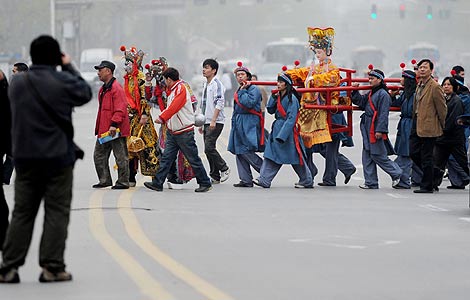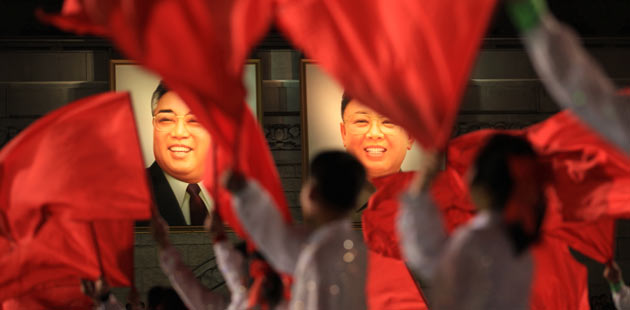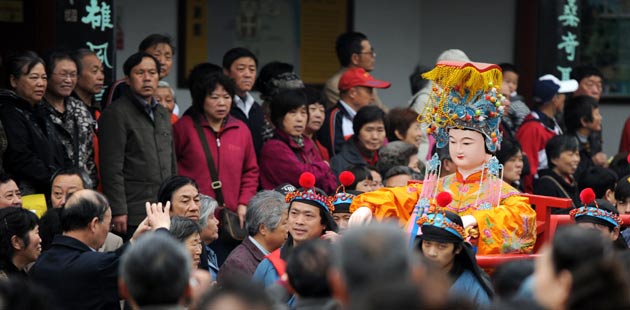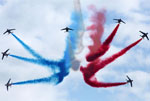DPRK is a land of surprises for visitors
Updated: 2012-04-19 08:03
By Wu Jiao in Pyongyang. (China Daily)
|
|||||||||||
The capital, Pyongyang, is home to almost every prominent building and political landmark in the country and the 105-story Ryugyong Hotel, a pyramid-shaped behemoth once envisioned as the world's tallest building, dominates the city, but more commercial buildings are under construction. A government official, who declined to be named, told us that the late Kim Jong-il instigated a number of changes in economic policy in his last years and the country is now witnessing a wave of construction of new homes, shopping centers, restaurants and playgrounds.
There has been a distinct policy shift and the new leadership will improve the economy and, therefore, the quality of life, according to the official.
A UN humanitarian official said last year that 6 million people in DPRK face food shortage, up to a quarter of its 24 million people with limited arable land.
Meanwhile, the state media reported that parliament approved an increase in the construction budget last year, while the budgetary allocation for defense remained unchanged. That's notable in this military-first country.
The DPRK is also reported to have allowed foreign companies, mainly Chinese and Russian, to manage production of its maritime products and to run markets.
Last year, the country saw its first privately funded university, the Pyongyang University of Science and Technology, established through the combined efforts of the DPRK, the ROK and overseas Koreans. The university now has three schools - telecommunications, international finance and life sciences - and around 200 students, both under- and postgraduates. The staff is international in composition. Professor Yu Taik-chon, a US citizen, teaches industrial technology, and there are approximately 40 other staff members from countries such as the UK, the US, Canada, and Australia.
The country pays a lot of attention to modern technology, said Yu Taik-chon. "I think it is gradually changing and opening up and the establishment of the university itself is a sign of that."
Antonio Fatiguso of the Italian news agency ANSA, was on his fourth visit to the country. He felt that things are changing. "People in Pyongyang are using cell phones and shopping in supermarkets," said Fatiguso, who added that he'd even seen a traffic jam in the capital. "I thought they would try to figure a way out, but the situation is so tough that we do not know where they are going."
A staff with the Associated Press, who declined to give his name, said the DPRK authorities seemed a little more willing to work with the media on this trip. "I first came here in 2008 and I've noticed that this time there is more openness, more cooperation, more access to the Internet, and it has been easier for the journalists to cover stories. So I think there is a feeling that the DPRK is opening up to the foreign media," he said.
 |
|
People dance at a party in Pyongyang on April 13, to mark the centenary of the birth of its founder Kim Il-sung. Wang Jing / China Daily |
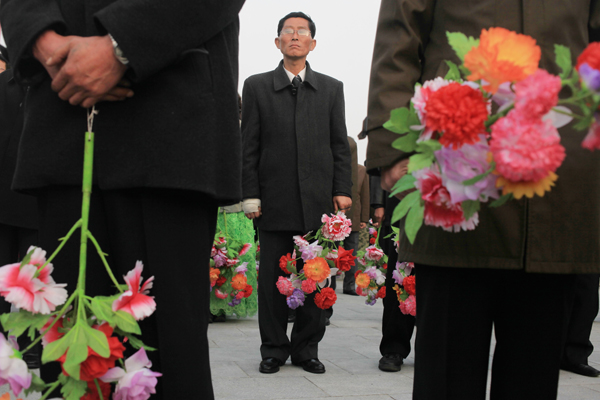 |
|
Residents take part in a ceremony to unveil bronze statues of Kim Il-sung and Kim Jong-il at Mansudae in downtown Pyongyang. Wang Jing / China Daily |
Editor's Picks
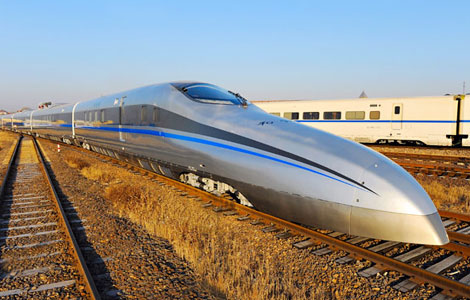
|
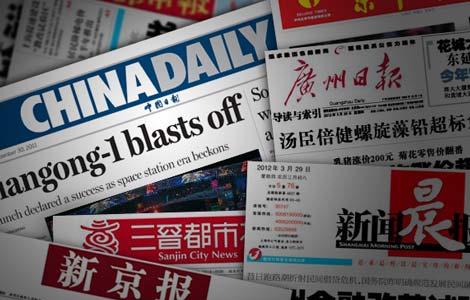
|
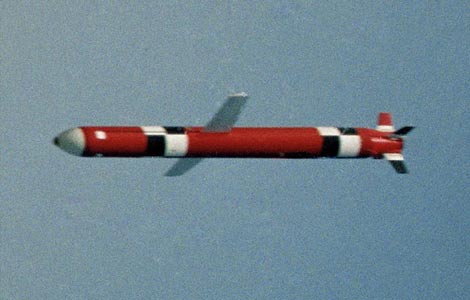
|
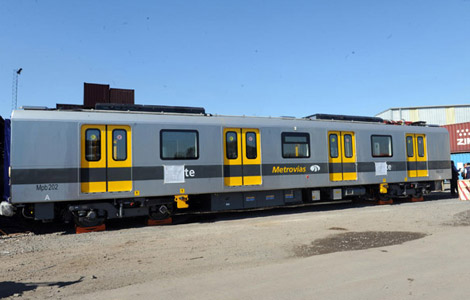
|
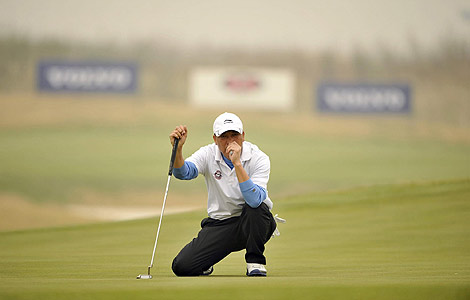
|

|



